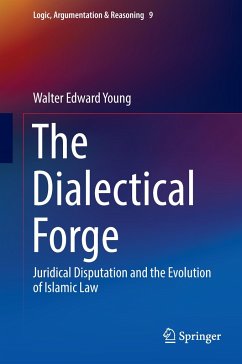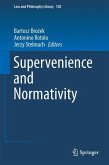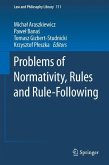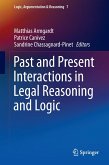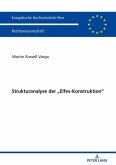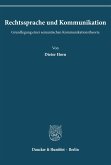The Dialectical Forge identifies dialectical disputation (jadal) as a primary formative dynamic in the evolution of pre-modern Islamic legal systems, promoting dialectic from relative obscurity to a more appropriate position at the forefront of Islamic legal studies. The author introduces and develops a dialectics-based analytical method for the study of pre-modern Islamic legal argumentation, examines parallels and divergences between Aristotelian dialectic and early juridical jadal-theory, and proposes a multi-component paradigm-the Dialectical Forge Model-to account for the power of jadal in shaping Islamic law and legal theory.In addition to overviews of current evolutionary narratives for Islamic legal theory and dialectic, and expositions on key texts, this work shines an analytical light upon the considerably sophisticated "proto-system" of juridical dialectical teaching and practice evident in Islam's second century, severalgenerations before the first "full-system" treatises of legal and dialectical theory were composed. This proto-system is revealed from analyses of dialectical sequences in the 2nd/8th century Kitab Ikhtilaf al-Iraqiyyin / Iraqiyyayn (the "subject-text") through a lens molded from 5th/11th century jadal-theory treatises (the "lens-texts"). Specific features thus uncovered inform the elaboration of a Dialectical Forge Model, whose more general components and functions are explored in closing chapters.
"Young's monograph is invaluable for understanding the emergence of dialectics in Islamic thought and for appreciating the role that dialectics played in the formation of Islamic law. It provides a rare example of the effective use of debates on individual points of Islamic law ... . the book also constitutes an excellent pedagogical resource: with its parallel text, translation, and analytic discussion, it offers an ideal way for students to learn to decipher such complex discussions." (Ahmed El Shamsy, Journal of the American Oriental Society, Vol. 141 (3), 2021)

